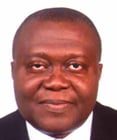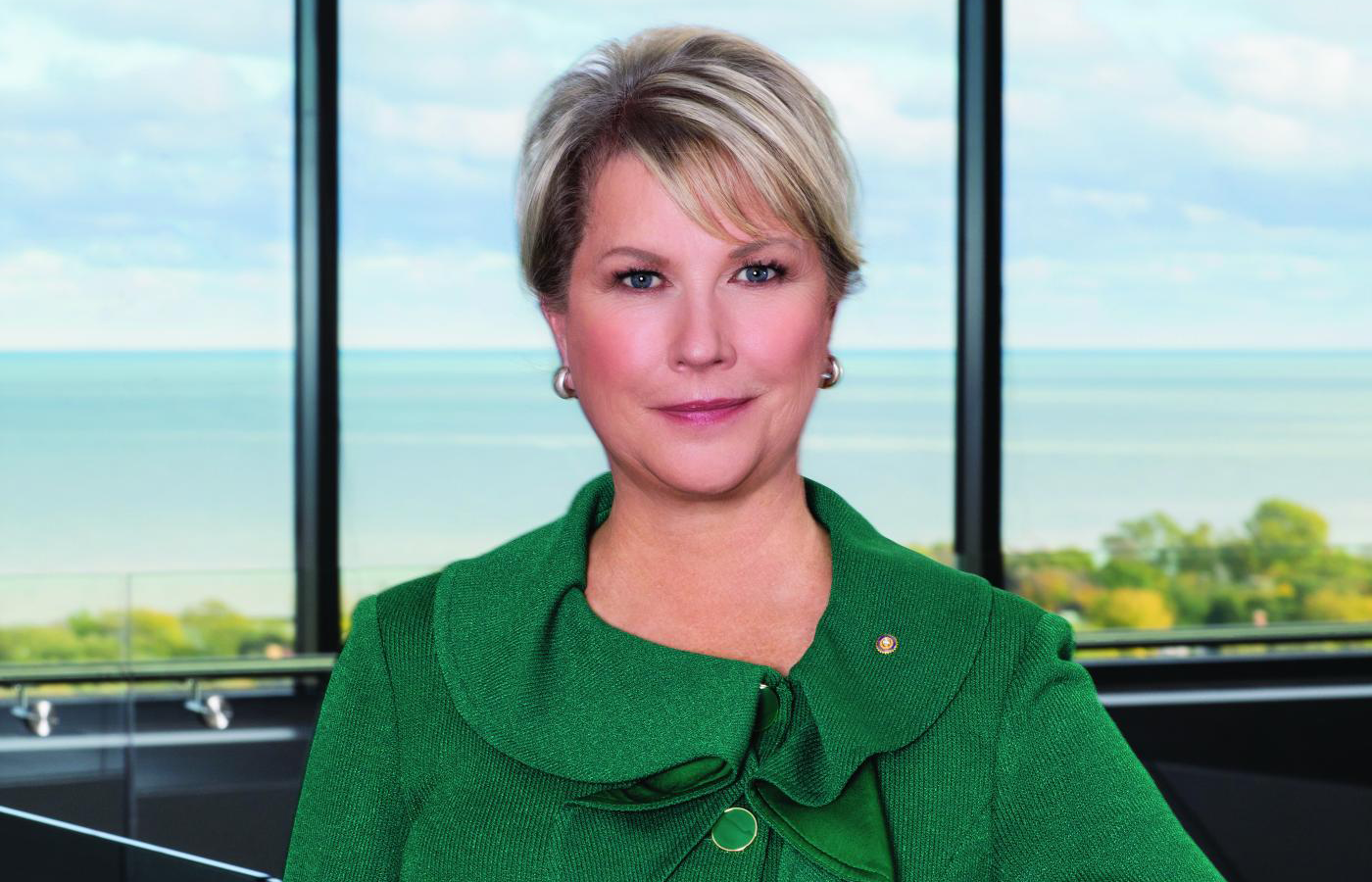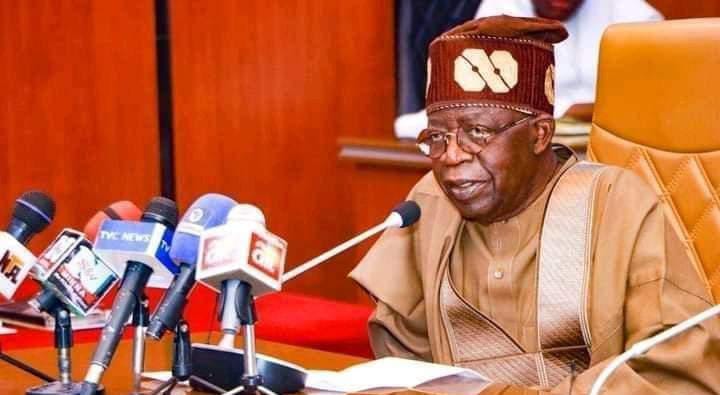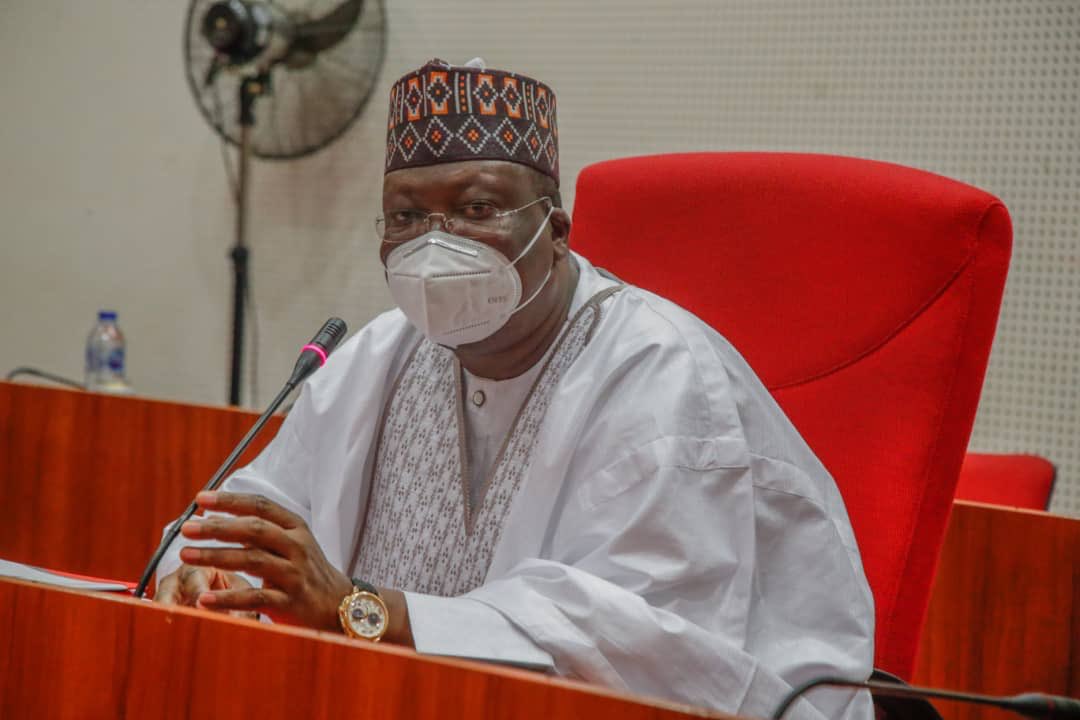Women all over the world are recording significant accomplishments in different fields and the story is not different in Rotary International, a humanitarian service and fellowship organisation founded on February 23, 1905, by Chicago, Illinois attorney, Paul P. Harris (April 19, 1868 – January 27, 1947), when he formed the Rotary Club of Chicago.
That was a long time ago and you may not believe it but Jennifer E. Jones, a member of the Rotary Club of Windsor-Roseland, Ontario, Canada, past district governor of District 6400 and past vice president of Rotary International (2016-2017), will assume office on July 1 as the first female president of Rotary International – after 117 years of the founding of the global organisation. If that is not a glass ceiling-shattering achievement, what else should we call it?
Jones, an accomplished achiever and distinguished Rotarian, was nominated two years ago for this role and she is eminently qualified and fit for the task ahead. As she spoke and shared her vision at the recently concluded Rotary International Convention which was held at the George R. Brown Convention Centre in downtown Houston, Texas, USA, from June 4 to 8, she received a standing ovation. She urged Rotarians to use the brand power of Rotary to “transform the world”.
Jones believes Rotarians should “dream big and harness their connections and the power of Rotary to turn those dreams into reality”. In a special report for Rotary International, senior writer and content editor, Ryan Hyland, explained that Jones is keen to focus on two key demographics: female membership and members under the age of forty years.
Advertisement
She said these demographics need to “see their own reflection in leadership”. This should not come as a surprise because Rotary’s diversity, equity and inclusion (DEI) statement creates a level playing field for all Rotarians. Rotary is committed to treating everyone with respect and dignity, allowing everyone’s voice to be heard and providing equitable opportunities for fellowship, service and leadership.
In the report, Jones said she will “champion double-digit growth in both categories while never losing sight of our entire family”. She also pledged to grow Rotary by hosting DEI Summits to create leadership opportunities that foster balance across the membership in Rotary. In a complex and changing world, our priorities keep changing but our ability to adapt is important for survival. No one prepared for the COVID-19 pandemic that challenged our common humanity.
“As we reflect upon our new strategic priorities, we could have never envisioned that our ability to adapt would become our North Star during what is inarguably the most profound time in recent history,” Jones said in her vision statement. “Silver linings rise out of the most challenging circumstances. Using metric-driven goals, I will harness this historic landscape to innovate, educate, and communicate opportunities that reflect today’s reality. ‘In order to live in the kind of society you want, you have to help build it.’ This is a quote from my youngest brother and it speaks to the core of who we are and what we do. I believe we are rooted in what our founders set forward – our core values, the objects of Rotary and our Four-Way Test. These are the principles that are the bedrock of who we are as Rotarians.
Advertisement
“Times may change – but these remain our sacred truths. I see a Rotary that increases our impact by focusing on our strategic plan and expands our reach by engaging the Family of Rotary at every age, gender and culture to create lasting change. As a globally recognised communicator, I will open a direct dialogue with the family of Rotary through our social channels to heighten awareness of our most pressing issues, like polio eradication, supporting the environment, Elevating Rotaract and Growing Rotary.”
Jones is the founder and president of Media Street Productions Inc., a 25-year-old award-winning media company in Windsor. She was chair of the board of governors of the University of Windsor and chair of the Windsor-Essex Regional Chamber of Commerce. She has been recognised for her service with the YMCA Peace Medallion, the Queen’s Diamond Jubilee Medal, and Wayne State University’s Peacemaker of the Year Award — a first for a Canadian. Jones holds a Doctor of Laws (LL.D.).
A current trustee of The Rotary Foundation and Director of Rotary International (2015-2016), Jones has been a Rotary member since 1997 and has served Rotary as a training leader, committee chair, moderator, and district governor. She played a lead role in Rotary’s rebranding effort by serving as chair of the Strengthening Rotary’s Advisory Group. She is the co-chair of the End Polio Now Countdown to History Campaign committee, which aims to raise $150 million for polio eradication efforts.
Jones recently led the successful #RotaryResponds telethon, which raised critical funds for COVID-19 relief and was viewed by more than 65,000 people. Jones has also received Rotary International’s Service Above Self Award and The Rotary Foundation Citation for Meritorious Service. She and her husband, Nick Krayacich, are members of The Rotary Foundation’s Arch Klumph Society, Paul Harris Society, and the Bequest Society.
Advertisement
Krayacich, by the way, will become the District Governor of District 6400 on July 1, 2024. He is a family physician and runs his own medical centre in LaSalle, Ontario.
In her 2022-23 presidential theme, Imagine Rotary, Jones explained the “power of dreams, imagination, engagement and taking action.” “Imagine, a world that deserves our best,” Jones told incoming district governors on January 20, “where we get up each day knowing that we can make a difference”.
Jones gave a live online address to precede Rotary’s annual training event for district governors from around the world, the International Assembly. The assembly was rescheduled because of the COVID-19 pandemic and was held virtually from February 7 to 14. Jones told the incoming governors about a chance she took when a member asked for assistance in getting a young peace activist out of Afghanistan during the US troop withdrawal last year. At first unsure how she could help, she relied on “that certain Rotary magic” and contacted a former Rotary Peace Fellow she had met a few years earlier. Less than 24 hours later, the activist was on an evacuation list, and soon she was on her way to Europe.
To better engage members, Rotary needs to “adapt and retool,” Jones said, using her hometown as an example. Windsor was once the automotive hub of Canada. But after plant closings left thousands without work, the city needed to retool in the same way an auto plant would, preparing for new parts or a new model. Now, Jones said, Windsor is a leader in agribusiness and medical and aerospace technology.
Advertisement
For Rotary, “finding the right part to engage each member should be our core function,” Jones said. “It comes down to the comfort and care of our members”. Engaging members is crucial to retaining members, she said, adding that we need to ask members what they want to get from Rotary and give them meaningful responsibilities. “It is our offer of hands-on service, personal growth, leadership development, and lifelong friendships that creates purpose and passion,” Jones continued.
Embracing change also means embracing new club models, Jones said, as she asked the incoming governors to form at least two new innovative or cause-based clubs during their term. “Let’s make sure we engage our members so they love their clubs and their Rotary experience,” she added.
Advertisement
Jones also announced the appointment of a Rotaract member as a Rotary public image coordinator and said that she has included Rotaractors on several committees and will assign some Rotaractors as president’s representatives. “We have been entrusted with leadership in our great organisation,” Jones said. “Now it is up to us to be brave and intentional in our actions, and let others help us lead.”
Jones noted that Rotary has little time left to achieve the RI Board of Directors’ goal of having women make up 30% of Rotary’s members by 2023. Rotary has achieved this in more than 110 countries, she said, but it has a long way to go. She pointed out that Rotaract has already achieved 50% female members.
Advertisement
To raise Rotary’s profile, Jones plans to hold a global impact tour that will include talking with leaders about working together to address the world’s most pressing challenges. “Rotary opens these doors and we need to harness our connections, to deepen these relationships and create new partnerships,” Jones said. “And the best part is, this can happen at every level of leadership”.
Jones closed her address by saying that although we all have dreams; acting on them is a choice we make. “When an organisation like Rotary dreams about big things like ending polio and creating peace, it becomes our responsibility to make them happen.”
Advertisement
“You don’t imagine yesterday,” Jones continued, “you imagine tomorrow”. Indeed, Rotarians as friends, neighbours, and problem solvers in over 200 countries and geographical regions will continue to imagine a better world as we serve to create lasting changes in our respective communities.
While Jones is the Koseleri (meaning “what has never happened before” in Yoruba) at the international level, we also have our own Koseleri in the person of Rotarian Omotunde Lawson, a leader, wife, mother, teacher and humanist who will be the 42nd and first female district governor of Rotary District 9110 covering Lagos and Ogun states from July 1 for one year. She is also ready to lead our district to greater heights.
Until 1989, the constitution and bylaws of Rotary International stated that Rotary club membership was for males only. In 1978, the Rotary Club of Duarte, California, USA, invited three women to become members. It was the 25th anniversary of the club when Mary Lou Elliot and Donna Bogart were admitted to membership on June 1, 1977, followed shortly afterwards by Rosemary Freitag.
The reaction of the Rotary International Board was predictable; on March 27, 1978, the Rotary Club of Duarte’s charter was terminated for “violation of RI’s constitution”. In June 1978, the club renamed itself “Ex-Rotary Club of Duarte” and went to court. It brought a suit against RI claiming a violation of the state civil rights law that prevents discrimination of any form in “business establishments” or “public accommodation”.
This matter was not heard by the court until 1983 when Judge Max Deutz ruled against Duarte, The club appealed the decision at the California Court of Appeal in 1986 and the Duarte decision was reversed. The RI board appealed the decision to the California Supreme Court which refused to hear the case and the RI Board then appealed to the United States Supreme Court in 1986.
On March 30, 1987, the US Supreme Court heard an appeal by the board of RI against the California Court of Appeal decision and on May 4, 1987, handed down a unanimous decision affirming the California Court of Appeal decision, ruling that Duarte could not discriminate against members because of gender.
Duarte had the final say in the matter when on June 23, 1987, Dr Sylvia Whitlock was inducted by DGE Dr Kim K Siu as the first woman club president in the history of Rotary. In January 1989, the council on legislation voted to change the constitution and by-laws to permit the admission of women into Rotary. That vote by the council to admit women into Rotary clubs worldwide remains a watershed moment in the history of Rotary.
Braimah is a public relations strategist, publisher/editor-in-chief of Naija Times (https://ntm.ng) and 2021-22 district secretary, Rotary International District 9110
Views expressed by contributors are strictly personal and not of TheCable.







